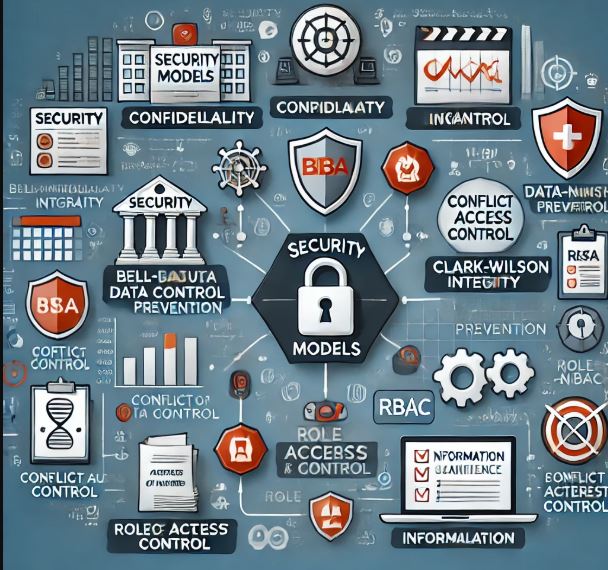Abstraction is the concept of hiding complexity and showing only the essential details while suppressing the underlying implementation. It is widely used in computer science, cybersecurity, and business processes to simplify systems and enhance efficiency.
1️⃣ Abstraction in Computer Science 💻
In programming, abstraction allows developers to focus on what a system does rather than how it works.
🔹 Example (Object-Oriented Programming – OOP)
A Car class may have methods like startEngine() and applyBrakes(), but the complex inner workings of the engine or braking system are hidden from the user.
2️⃣ Abstraction in Cybersecurity 🔐
In security, abstraction is used to manage access and limit exposure to sensitive data.
🔹 Examples:
✔️ Access Control – Users see only the data and permissions they need.
✔️ Security Layers – Firewalls and IDS/IPS abstract network security, filtering threats before they reach systems.
✔️ Hashing & Encryption – Users interact with passwords securely without seeing the actual encryption process.
3️⃣ Abstraction in Business & Risk Management 📊
Businesses use abstraction to simplify complex decision-making and focus on high-level strategies instead of low-level operations.
🔹 Examples:
✔️ Business Impact Analysis (BIA) – Summarizing risks instead of detailing every possible failure scenario.
✔️ Cyber Insurance – Policyholders don’t need to understand the exact legal and technical terms but get financial protection in case of cyber threats.
✔️ Cloud Computing – Users leverage cloud services (AWS, Azure) without managing the underlying infrastructure.
🔹 Why is Abstraction Important?
✅ Reduces complexity
✅ Enhances security by limiting access
✅ Improves efficiency and scalability
✅ Helps in modular design (separating different parts of a system)
🚀 Final Thought: Abstraction is everywhere—from software design to business operations. Mastering it means focusing on what matters while hiding unnecessary details!
#SoftwareEngineering #CyberSecurity #Abstraction #RiskManagement #CISSP





